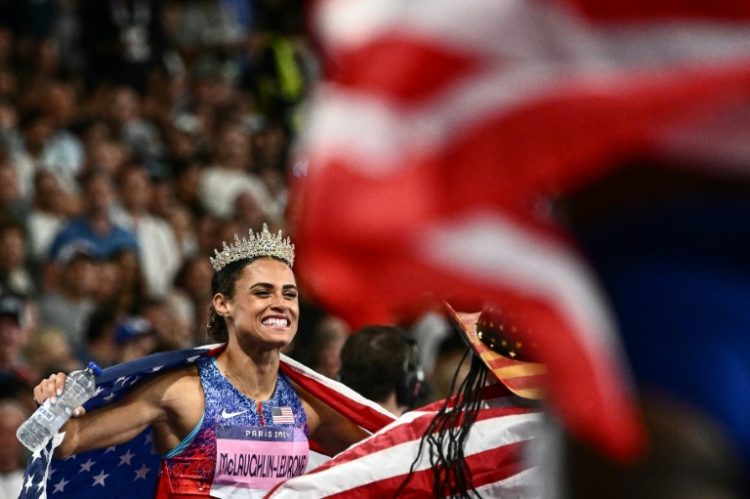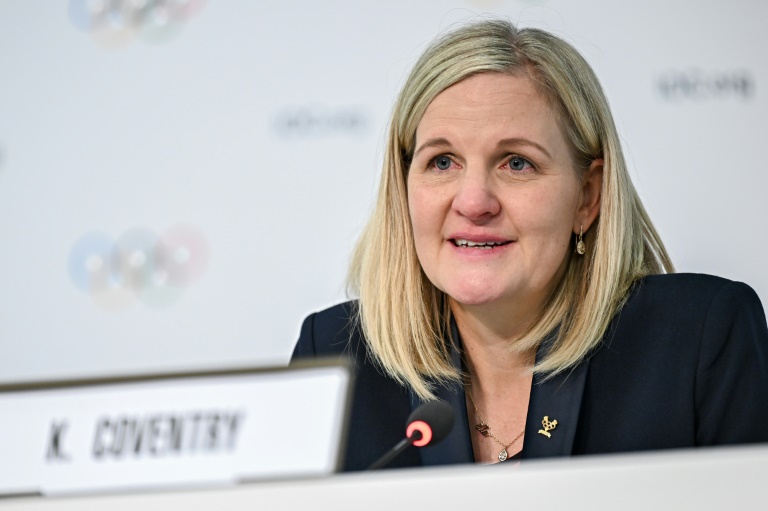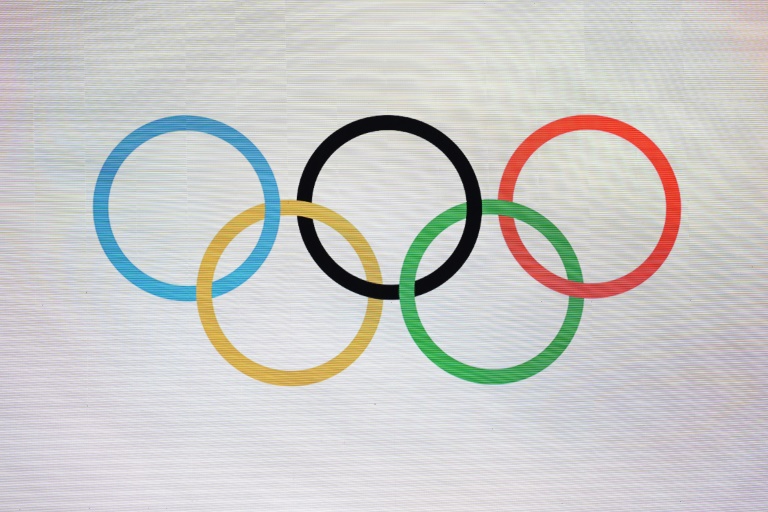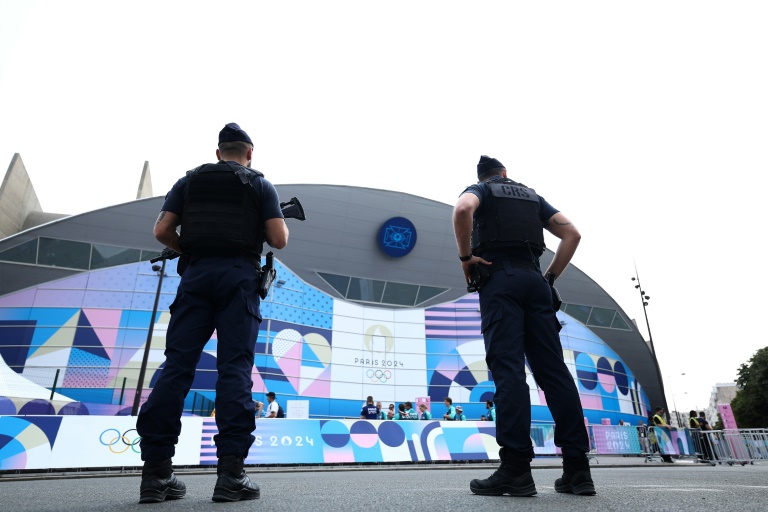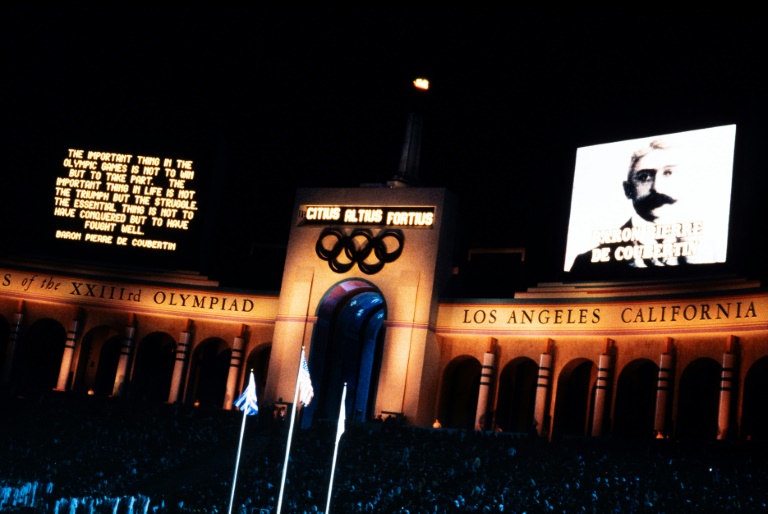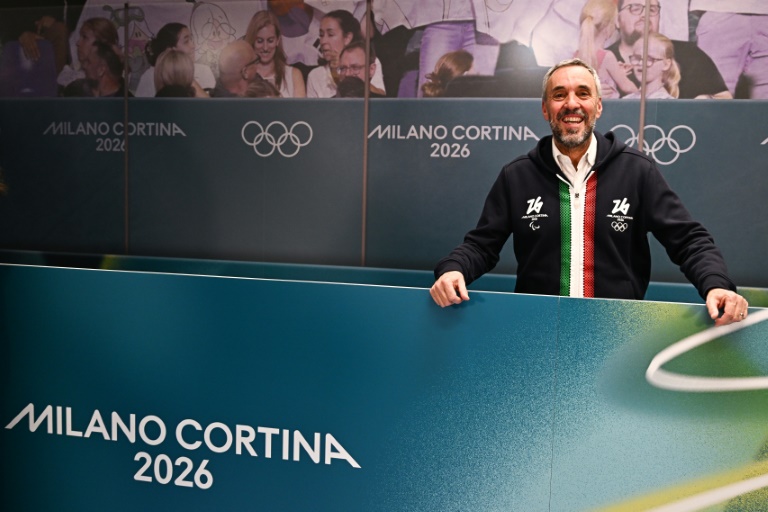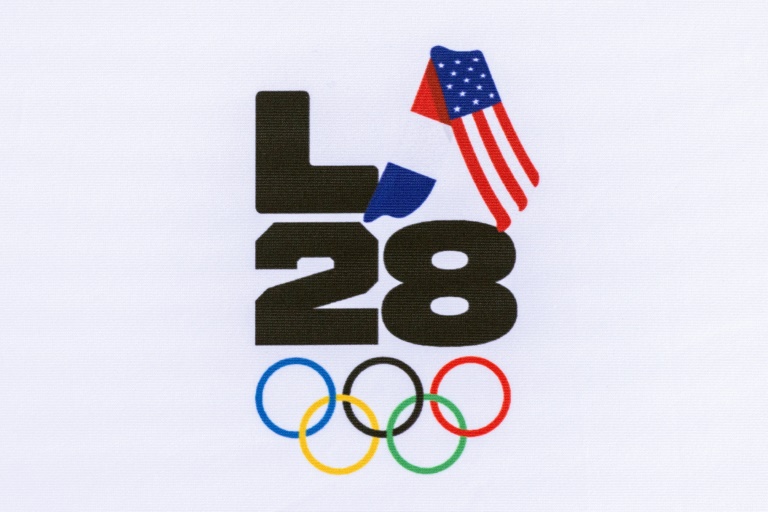**Paris (AFP)** – From the moment she qualified for her first Olympic Games as a 16-year-old high school student, Sydney McLaughlin-Levrone has never paid much attention to conventional wisdom. The 25-year-old added another entry into her catalogue of broken barriers on Thursday as she stormed to gold in the 400m hurdles with a world record-breaking display to become the first woman ever to win back-to-back Olympic titles in the event. The American track darling blew away reigning world champion Femke Bol of the Netherlands to take gold in 50.37sec at the Stade de France, bettering her own world record of 50.65sec set in Eugene in June.
It was just the latest milestone in a dazzling career that has seen McLaughlin-Levrone redefine notions of what was previously thought possible in her event. In the space of three years, McLaughlin-Levrone has smashed the world 400m hurdles record no fewer than six times, including Thursday’s latest jaw-dropping display. She became the first woman in history to run under 52 seconds for the event in 2021 when she clocked 51.90sec at the US Olympic trials in Eugene, Oregon. She followed that by shaving a massive 0.44sec off her record when she powered to her first Olympic gold at the Tokyo Games in 51.46sec.
Not content with breaking the 52-second barrier, McLaughlin-Levrone then created more history by ducking under 51 seconds in Eugene in 2022 with a time of 50.68sec — a record she lowered again at this year’s US trials. Thursday’s Olympic title also extends a remarkable five-year winning streak. Her last defeat over the 400m hurdles came in the final of the 2019 World Championships in Doha, where she was pipped for victory by her compatriot Dalilah Muhammad. While she has some way to go before matching Edwin Moses’ nine-year, nine-month unbeaten run between 1977 and 1987, there is little argument McLaughlin-Levrone can now comfortably lay claim to being the greatest women’s 400m hurdler in history.
**- Teenage breakthrough -** Born in New Jersey in 1999, track and field was embedded in McLaughlin-Levrone’s DNA. Her father, Willie McLaughlin, reached the semi-finals in the 400m at the US trials for the 1984 Olympics, while her mother Mary was a respectable half-miler. As a young girl, McLaughlin-Levrone watched the 2008 Beijing Olympics, and her idol Allyson Felix, and determined that she would one day perform on the same stage. After qualifying for her first Olympics as a teenager in 2016, McLaughlin-Levrone’s progression continued steadily before her breakthrough Olympic crown in 2021, her improvements coming rapidly after linking up with new coach Bobby Kersee in 2020.
In Tokyo, she added another gold medal after forming part of the relay 4x400m relay squad, where she raced in a quartet alongside Felix. “Since I was eight years old, that’s something I had aspired to do, and for it to finally come to fruition felt like a weight off my shoulders,” McLaughlin-Levrone said of her 2021 gold. Thursday’s stunning victory in Paris raises the prospect of McLaughlin-Levrone targeting a third straight Olympic gold in four years’ time in Los Angeles, where she lives and trains.
While 2028 remains a long way distant, McLaughlin-Levrone says she sees herself running well beyond this summer. “It does get harder as the years go by,” she said in a recent interview. “You’re pushing your body to its limits. It’s a part of sports that can be physically draining, mentally draining, and that’s why taking breaks and remembering why you love it is so important. Track is not going to last forever, so I’m trying to continue to enjoy it. I don’t want to take anything for granted.”
© 2024 AFP

